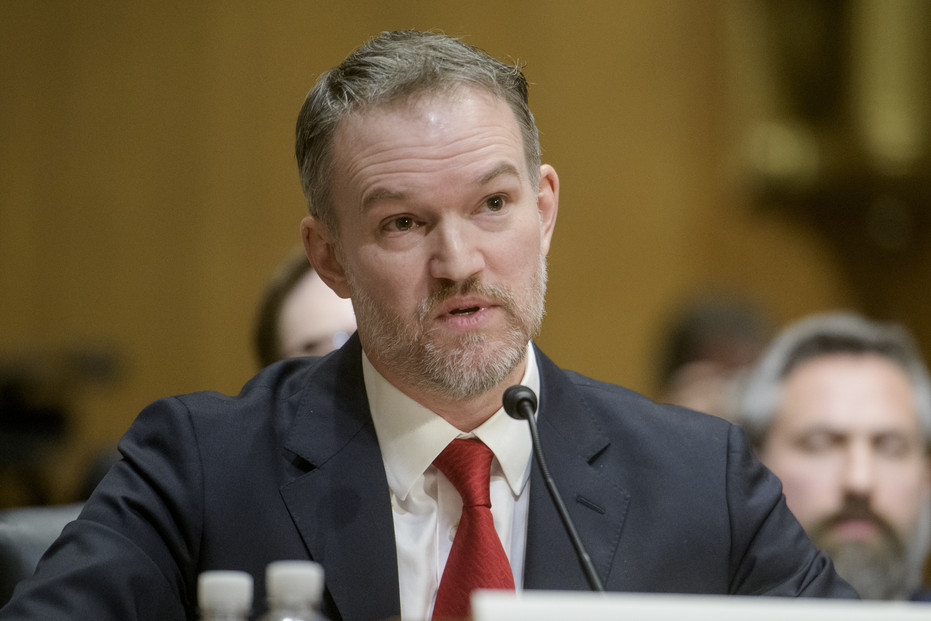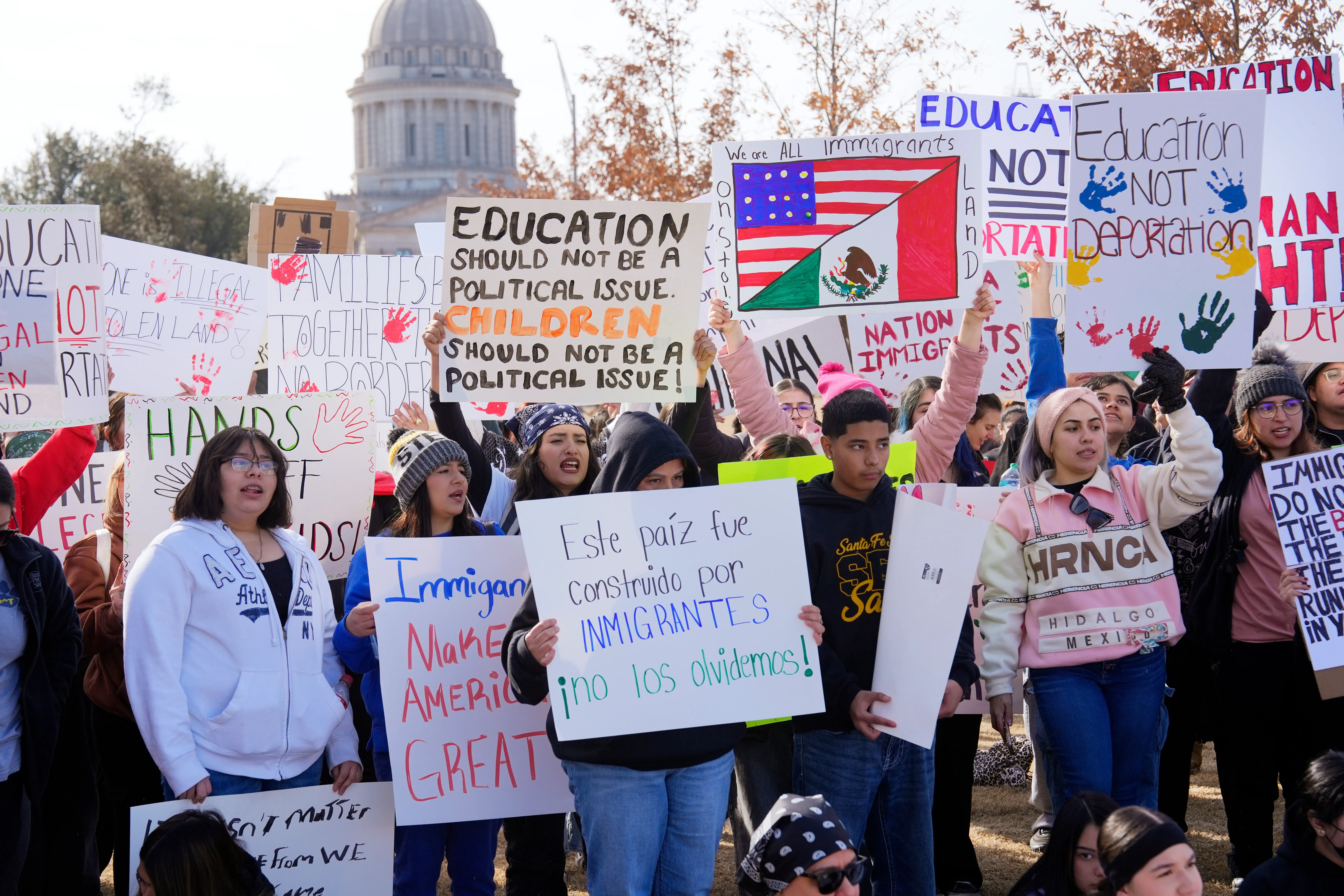The Trump administration"s chaotic handling of trade negotiations is increasingly being exposed as little more than a theatrical performance designed for maximum media attention. A source deeply embedded within the Trump White House has blown the whistle on the motivations behind the President"s tariff policies, claiming they are orchestrated for the cameras rather than for any real economic benefit. This insider, who opted to remain anonymous for fear of reprisal, stated bluntly, "[Donald] Trump knows the most interesting part of his presidency is the tariff conversation. It’s all fake. There’s no deadline. It’s a self-imposed landmark in this theatrical show, and that’s where we are."
Economic Consequences of Trump"s Tariff Game
Despite the administration"s insistence on the importance of these tariffs as a means to protect American jobs and industries, experts warn of the dire economic implications. As reported by Northwestern experts, the uncertainty surrounding Trump"s inconsistent policies has created a volatile environment for American businesses. The tariffs themselves have led to rising prices for consumers and producers alike, undermining the very middle and lower-income families that Trump claims to champion.
Media Manipulation and Political Theater
As markets brace for a self-imposed July 9 deadline with little to show in terms of actual agreements—only limited arrangements with the UK and China—the reality of Trump"s trade policy emerges. In a recent interview, Trump boasted of having “made all the deals” with over 200 partners, only to later backtrack, suggesting the true number is closer to a few dozen. This inconsistency raises concerns about his commitment to genuine negotiations and paints a picture of a President more interested in spectacle than substance.

POLITICO Pro | Article | USTR report passes up chance to ...
Allies Question Trump"s Motives
Trump"s own allies are reportedly expressing skepticism about his willingness to finalize trade agreements. The insider quoted by MSN articulated this uncertainty, stating, "You have wins. Take them. You only have to assume he doesn’t want to take them because he likes the game too much.” This sentiment suggests a troubling reality: that Trump"s approach to tariffs is less about economic strategy and more about maintaining a narrative that keeps him in the headlines.
Administration"s Defense Lacks Credibility
In response to these revelations, White House spokesman Kush Desai defended the administration"s trade policies, stating, “The hollowing out of American Main Streets and industries by unfair foreign trade practices is not a theatrical show.” However, as experts at Harvard Law have pointed out, the administration"s erratic tariff regime has fundamentally destabilized the global economic system, creating chaos rather than clarity.

Hundreds protest Ryan Walters, ICE outside OSBE meeting
Impact on American Workers
The ramifications of Trump"s tariff theatrics extend beyond mere economic metrics; they threaten the civil rights of American workers. As tariffs push prices higher, it is low-income families—who are already struggling to make ends meet—who will feel the brunt of these policies. The administration"s insistence on maintaining this charade fails to account for the real-life consequences that ordinary citizens face as a result of these decisions.



![[Video] Gunfire between Iraqi security forces and Sadr militias in Baghdad](/_next/image?url=%2Fapi%2Fimage%2Fthumbnails%2Fthumbnail-1768343508874-4redb-thumbnail.jpg&w=3840&q=75)
